Becoming a freelance makeup artist is not only about mastering the art of makeup but also about effectively managing your business. Freelance makeup artistry offers flexibility, independence, and the opportunity to create your own brand. However, success in this field requires more than just talent with a brush—it involves mastering the business side of things too.
At Makeup Studio Training Centre (MSTC), we believe in preparing makeup artists for every aspect of the profession, from perfecting their craft to becoming savvy business owners. In this blog, we’ll explore essential tips and strategies for managing your freelance career as a makeup artist.
-
Building Your Personal Brand: Stand Out from the Crowd
In today’s competitive beauty industry, it’s important to differentiate yourself from other makeup artists. Your personal brand is what sets you apart and helps clients identify what you uniquely offer.
– Define Your Style: Whether you specialize in bridal makeup, editorial looks, or special effects makeup, find your niche and showcase it. This will help you attract clients who are looking for your specific expertise.
– Create a Strong Online Presence: A website or portfolio is essential for showcasing your work. Invest in high-quality photos and organize them into categories (e.g., bridal, fashion, creative) so potential clients can easily browse your style.
– Use Social Media: Platforms like Instagram, Facebook, and TikTok are powerful tools for promoting your work. Post regularly, engage with followers, and collaborate with influencers or photographers to grow your reach. Social media is also an excellent platform for sharing tutorials, behind-the-scenes content, and client testimonials.
– Design a Professional Logo and Business Cards: A well-designed logo can help establish your identity as a professional, and business cards are great for in-person networking. Include your social media handles and website on your cards to make it easy for potential clients to find you.
-
Pricing Your Services: Find the Right Balance
One of the most challenging aspects of freelancing is setting your rates. You want to ensure you’re being fairly compensated for your time and skills, but you also want to remain competitive in the market.
– Research Your Market: Look at what other freelance makeup artists in your area charge for similar services. Keep in mind your experience level, location, and the type of clients you want to attract.
– Create a Rate Card: Offer different pricing tiers based on the type of services (e.g., bridal, fashion, film/TV, editorial) and the duration of the work. Don’t forget to account for your time, travel costs, and the use of your kit when setting prices.
– Don’t Undervalue Yourself: It’s tempting to set low prices when you’re just starting out, but it’s important to value your work and the time you’ve invested in honing your craft. Charging what you’re worth will not only help sustain your business but also signal your professionalism.
– Adjust Over Time: As your experience and demand grow, reassess your rates and don’t be afraid to raise them accordingly.
-
Managing Your Finances: Stay on Top of Your Income
Freelancers often face an irregular income, which can make budgeting and financial planning tricky. Learning how to manage your finances effectively is key to running a successful freelance makeup business.
– Track Your Income and Expenses: Use accounting software or a simple spreadsheet to track all your earnings and expenses. This will help you monitor cash flow, track profit, and ensure you’re prepared for tax season.
– Save for Taxes: Freelancers are responsible for paying their own taxes. Set aside a portion of your income each month for tax payments so that you’re not caught off guard when it’s time to file.
– Create an Emergency Fund: Since freelance work can be unpredictable, it’s a good idea to have savings that can cover you during slow periods. Aim to save 3-6 months’ worth of living expenses to ensure you’re financially secure, even when business slows down.
– Invest in Your Kit: Your makeup kit is one of your biggest investments. Set aside part of your earnings to regularly update your kit with new products, brushes, and tools to ensure you can offer clients the best quality services.
-
Time Management: Organizing Your Freelance Schedule
As a freelancer, you’re in charge of managing your own schedule, which can be both a blessing and a challenge. Without a traditional 9-5 structure, it’s easy to overbook yourself or feel disorganized. Proper time management will help you maintain balance and provide a positive experience for your clients.
– Use a Calendar System: Keep track of your appointments using a digital calendar (such as Google Calendar) or a scheduling app. This will help you avoid double-booking and ensure you have time to prepare for each job.
– Set Aside Time for Admin Tasks: Freelancers wear many hats—from makeup artist to marketer to accountant. Dedicate specific times each week for administrative tasks like replying to emails, posting on social media, and managing invoices.
– Know When to Say No: It can be tempting to accept every job, especially when you’re starting out, but overcommitting can lead to burnout. Set realistic limits for yourself and learn to politely decline jobs that don’t align with your schedule or expertise.
– Prioritize Your Well-Being: Being your own boss means that work-life balance is entirely in your hands. Make sure to carve out time for rest, self-care, and activities outside of work to avoid burnout.
-
Networking: Grow Your Client Base
As a freelance makeup artist, building a strong network is essential to growing your client base. Networking with other industry professionals can help you gain referrals and establish yourself as a reliable, in-demand artist.
– Collaborate with Other Professionals: Reach out to photographers, hair stylists, models, and event planners for collaborations. This will allow you to build your portfolio, get your name out there, and gain access to potential clients through word of mouth.
– Attend Industry Events: Makeup conventions, beauty expos, and fashion shows are great opportunities to network and meet new clients. Bring business cards and be ready to talk about your services.
– Ask for Referrals and Reviews: After working with clients, don’t hesitate to ask for reviews or referrals. Positive reviews can help build trust with potential clients, and referrals from happy clients can lead to more business opportunities.
-
Legal and Administrative Essentials: Protect Your Business
Running a freelance makeup business requires more than just your makeup skills. You’ll also need to handle legal and administrative tasks to protect yourself and your business.
– Contracts Are Key: Always use a contract when booking clients, especially for larger jobs like weddings or commercial shoots. A clear, written agreement will protect both you and your client by outlining the services, fees, and cancellation policies.
– Get Insurance: Makeup artists should consider investing in liability insurance. This can protect you in case a client has an allergic reaction, or if there’s any damage to property while you’re working.
– Register Your Business: Depending on where you operate, you may need to register your freelance business and comply with local tax and licensing laws. Make sure to research the legal requirements in your area to ensure your business is compliant.
-
Continuing Education: Stay Current in Your Craft
The beauty industry is constantly evolving, and staying current with the latest techniques, trends, and products will keep your skills sharp and your clients coming back.
– Attend Workshops and Courses: Even as a seasoned makeup artist, there’s always more to learn. Attending workshops and masterclasses can help you refine your techniques, learn new trends, and keep up with industry advancements.
– Stay Informed on Trends: Follow industry leaders, beauty influencers, and makeup brands on social media to stay up to date with new products, techniques, and client preferences.
– Keep Practicing: Never stop experimenting with makeup, whether it’s trying new products or practicing bold looks. This not only keeps you sharp but also builds confidence for your next job.
MSTC: Preparing You for a Successful Freelance Career
At Makeup Studio Training Centre, we equip our students with not only technical skills but also the business knowledge needed to thrive as freelance makeup artists. From perfecting your artistry to learning the ins and outs of managing a freelance career, MSTC is your partner in success.
Are you ready to start your journey as a freelance makeup artist? Enroll in our professional courses today and learn how to build a successful freelance career from industry experts. With branches in Delhi and Kolkata, we are dedicated to helping you succeed. Contact us for more details or visit our website.

